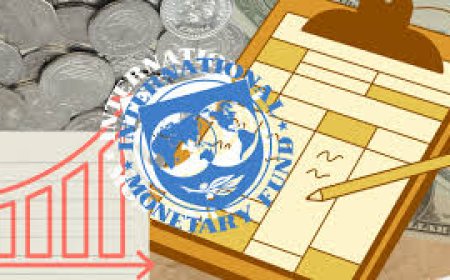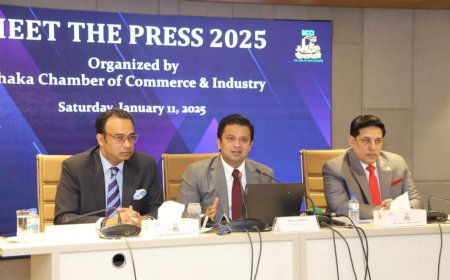Industrial Slowdown Imminent Amid Decline in Imports
Government Faces Revenue Loss Amid Business and Trade Stagnation

The country’s industrial sector is bearing the consequences of efforts to curb imports. To halt the decline in foreign reserves, the central bank imposed long-lasting restrictions on imports, which led to a reduction in the import of capital machinery, industrial raw materials, and intermediate goods. This decline indicates a decrease in investment. Entrepreneurs argue that the strategy to control the dollar market by restricting imports has backfired, as many factories are struggling to secure raw materials and consistent energy supplies, even at higher costs. Some factories have closed, and others are operating at half capacity, with even reliable borrowers defaulting on loans.
The private sector is facing a deep crisis, with GDP growth, revenue collection, investment, and employment all on the decline. The stagnation in business and trade has resulted in significant revenue loss for the government, with analysts highlighting the alarming nature of the situation for both public and private sectors.
Anwar-ul-Alam Chowdhury Parvez, President of the Bangladesh Chamber of Industries (BCI), stated that the drop in capital machinery imports is due to ongoing uncertainty, compounded by a lack of energy security and rising interest rates, which discourage investment. He emphasized that entrepreneurs are unable to invest amid such instability. Similarly, Masrur Reaz, Chairman of Policy Exchange Bangladesh, pointed out that high inflation, declining demand, and political unrest are all contributing to the hesitancy among investors. He stressed that long-term investments are unlikely to materialize without political stability.
Recent data from Bangladesh Bank shows that imports in February totaled \$5.941 billion. In the first eight months of the 2024-25 fiscal year, total imports rose by 5.33% compared to the same period last year, but capital machinery imports fell by 26.02%, signaling a troubling trend for future investment. Private sector loan growth also hit a 21-year low, further indicating economic strain.
The decline in capital machinery imports will likely lead to reduced investment and job losses, which is worrying for both business leaders and economists. The country's employment growth has already slowed, with an additional 170,000 people unemployed within the past year. GDP growth has dropped to 4.22%, lower than the earlier estimate of 5.82%, attributed to factors like banking sector fraud and revised export income data.
The government is grappling with a revenue shortfall of over Tk 65,665 crore, with targets increasingly difficult to meet. Economic adviser Salehuddin Ahmed noted that reduced infrastructure construction and stalled projects are key contributors to the economic downturn. To revive the economy, experts argue that improving the business environment, simplifying customs services, and boosting investment are critical to ensuring future growth and job creation.
What's Your Reaction?





















































































